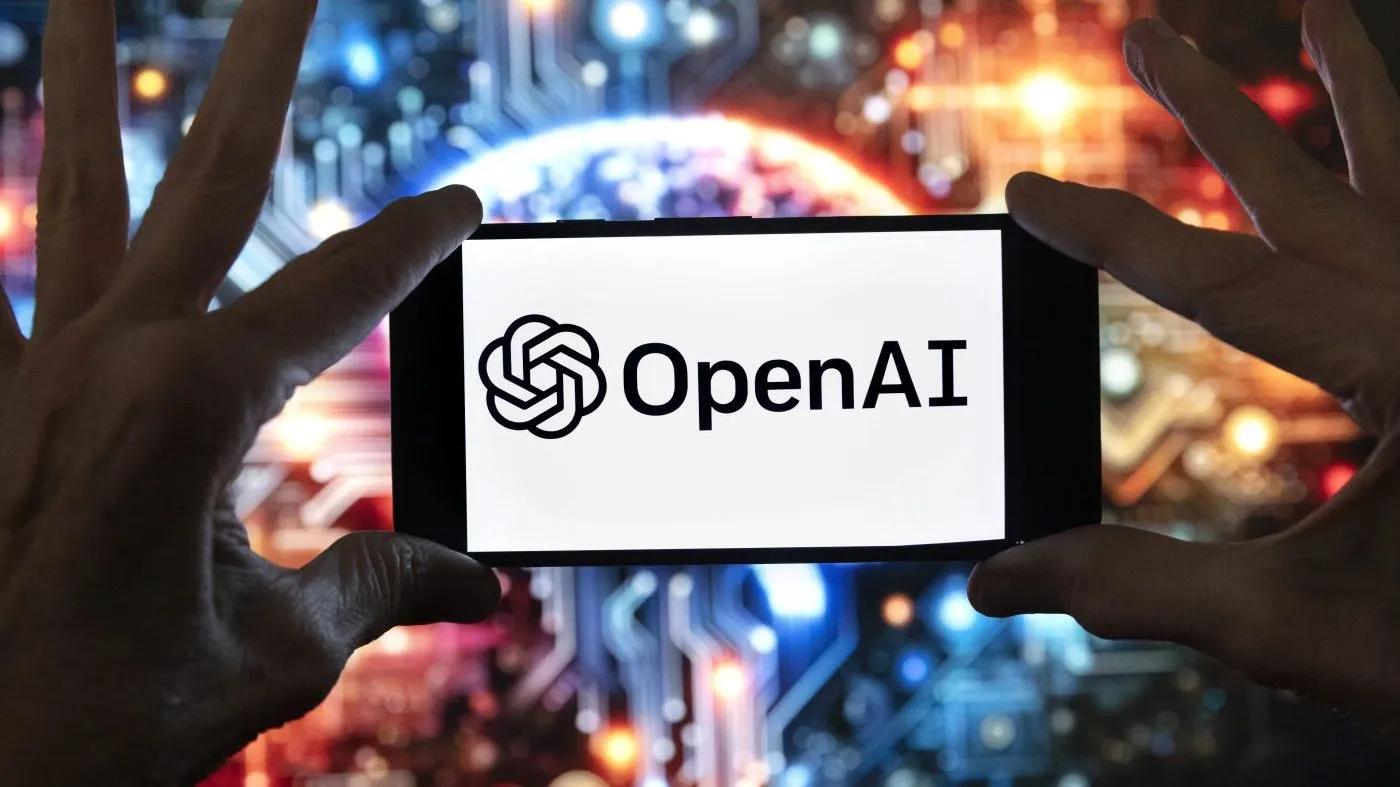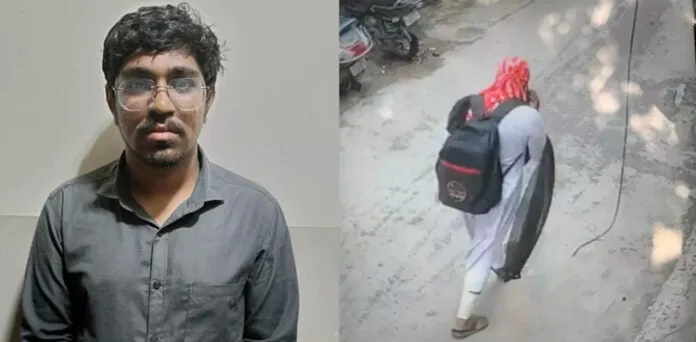ChatGPT New Restrictions Under 18 Users – Major Safety Changes 2025
OpenAI CEO Sam Altman announced major new safety restrictions for ChatGPT users under 18 years old on September 16, 2025. These comprehensive changes represent the most significant teen protection measures ever implemented by the artificial intelligence company.
The announcement comes just hours ahead of a Senate Judiciary Committee hearing examining potential harms from AI chatbots, highlighting growing regulatory pressure on AI companies to protect young users.
Automatic Age-Appropriate ChatGPT Experience
When OpenAI identifies that a user is a minor, they will automatically be directed to an age-appropriate ChatGPT experience that blocks graphic and sexual content. This specialized version implements strict content filtering designed specifically for teenage users.
Key features of teen-focused ChatGPT include:
- Automatic Content Blocking: Sexual and graphic material completely filtered
- Age Detection System: Advanced technology identifies users under 18
- Safety-First Approach: Prioritizes protection over user freedom
- Emergency Response: Can involve law enforcement in rare cases of acute distress
- Default Protection: When age is uncertain, system defaults to under-18 experience
Major Behavioral Changes for Teen Interactions
ChatGPT will be trained to refuse any flirtatious or sexual conversations with users identified as being under 18. The AI system undergoes comprehensive retraining to ensure appropriate interactions with minors.
Behavioral restrictions include:
- No Flirtatious Conversations: AI refuses romantic or sexual dialogue with teens
- Suicide Topic Safeguards: Additional protection measures for self-harm discussions
- Appropriate Response Training: Specialized responses designed for teenage users
- Content Sensitivity: Higher standards for what content is deemed appropriate
- Professional Boundaries: Maintains proper AI-to-teen interaction protocols
Revolutionary Parental Control Features
Parents who register an underage user account will have the power to set “blackout hours” in which ChatGPT is not available, a feature that was not previously available. This gives parents unprecedented control over their children’s AI access.
New parental control options:
- Blackout Hours: Parents can set specific times when ChatGPT is unavailable
- Usage Monitoring: Track when and how teens use the AI system
- Account Registration: Parents must register accounts for users under 18
- Access Control: Complete ability to restrict or allow AI interactions
- Time Management: Help manage healthy technology usage patterns
Advanced Age Verification Technology
OpenAI is building an age-prediction system to estimate age based on how people use ChatGPT. This sophisticated technology analyzes user behavior patterns to identify potential minors automatically.
Age detection methods include:
- Usage Pattern Analysis: AI analyzes how people interact with ChatGPT
- Behavioral Indicators: System identifies typical teenage usage patterns
- ID Verification: Some countries may require identity document verification
- Safety Defaults: When uncertain, system assumes user is under 18
- Privacy Balance: Balances adult privacy with teen protection needs
Sam Altman’s Safety-First Philosophy
OpenAI CEO Sam Altman described the struggles of balancing OpenAI’s priorities of freedom and safety, ultimately choosing to prioritize protection for young users. His “safety over privacy” approach marks a significant policy shift.
Altman’s key principles include:
- Safety Priority: Teen protection takes precedence over user freedom
- Technology Responsibility: Acknowledges AI’s powerful impact on young minds
- Protective Approach: Believes minors need significant protection from AI risks
- Balanced Consideration: Weighs privacy concerns against safety requirements
- Future-Focused: Considers long-term impacts of AI on teenage development
Technical Implementation Challenges
The new restrictions require sophisticated technology to accurately identify teenage users without being overly intrusive. OpenAI faces the challenge of protecting teens while maintaining adult user privacy rights.
Implementation challenges include:
- Accurate Age Detection: Distinguishing teens from adults based on usage patterns
- Privacy Preservation: Maintaining adult user privacy while protecting minors
- False Positive Management: Ensuring adult users aren’t incorrectly restricted
- Global Compliance: Meeting different age verification laws across countries
- User Experience Balance: Protecting teens without degrading overall experience
Regulatory Pressure Drives Changes
OpenAI’s announcement comes just hours ahead of a hearing in Washington, D.C., examining potential harms from AI chatbots. Senators Josh Hawley and Marsha Blackburn have been leading bipartisan efforts to address AI safety concerns for minors.
Political context includes:
- Congressional Scrutiny: Bipartisan Senate pressure on AI companies
- Public Safety Concerns: Growing awareness of AI risks for young people
- Regulatory Expectations: Government expects proactive safety measures
- Industry Standards: Setting precedent for other AI companies
- Global Attention: International focus on AI safety for minors
Impact on ChatGPT Usage Patterns
These changes will significantly alter how millions of teenage users interact with ChatGPT worldwide. OpenAI has long said all ChatGPT users must be at least 13 years old, but enforcement has been minimal until now.
Usage impact includes:
- Reduced Teen Access: Some teenagers may lose unrestricted AI access
- Safer Interactions: Protected environment for appropriate AI conversations
- Parental Involvement: Parents gain active role in teen AI usage
- Educational Focus: AI interactions steered toward learning and growth
- Behavior Modification: AI trained to model appropriate teen interactions
Future of AI Safety for Minors
These ChatGPT restrictions represent a major shift in how AI companies approach teen safety. The success of these measures will likely influence safety standards across the entire artificial intelligence industry.
The changes demonstrate OpenAI’s recognition that powerful AI systems require special safeguards when interacting with developing minds, setting new industry standards for responsible AI deployment.







